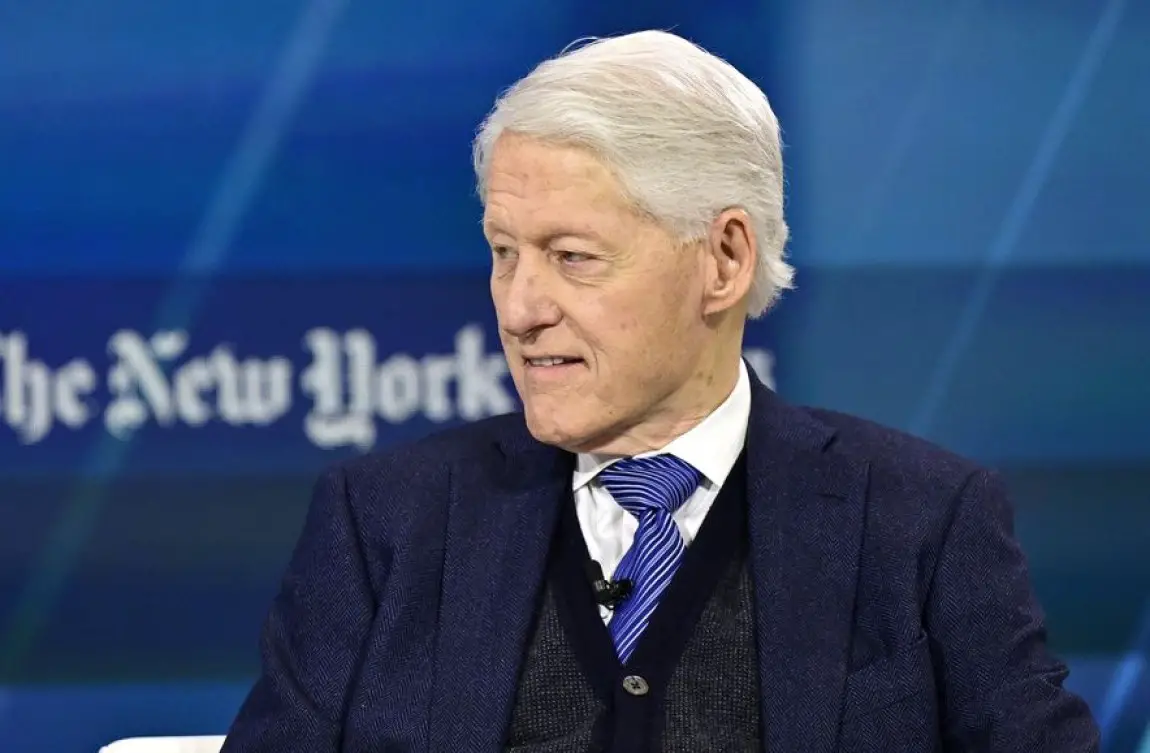The political climate in America has rarely been more charged. Across the country, debates rage about the character, competence, and consequences of those in power. In the midst of this turbulence, a familiar voice — one that has been largely quiet in recent years — has reentered the national conversation.
During a televised sit-down aired in early June 2025, a prominent former U.S. president offered an unfiltered reflection on today’s most influential figures. With a tone that balanced criticism with concern, he laid out his perspective on leadership, law, and the limits of personal power in a constitutional democracy.
What he said was not simply opinion — it was a warning. And Americans from both sides of the aisle are paying close attention.
Leadership Under Scrutiny
When asked about the state of political authority in the United States, the former president didn’t hesitate. He expressed serious misgivings about how power is currently being wielded — especially when it comes to aggressive rhetoric and attempts to undermine longstanding legal institutions.
“The thing that troubles me the most,” he said, “is the growing idea that if you’re in charge, then you’re above the rules. That’s not the country I know.”
This candid assessment didn’t stop at vague commentary. He pointed to a troubling trend among leaders who, in his view, have embraced a “my way or the highway” philosophy — a style of governance that he believes alienates voters and corrodes trust in the system.

Donald Trump greets former President Bill Clinton at the Inaugural Luncheon in the US Capitol on January 20, 2017, in Washington, D.C. | Source: Getty Images
“We’ve never seen anything like this before in my lifetime,” he added.
While he refrained from naming names in the first moments of the conversation, it soon became clear who he was referring to.
Power, Popularity, and the Courts
One of the focal points of the interview was the relationship between executive power and the judiciary. According to the former president, the most effective safeguard against authoritarian impulses remains the federal court system.
He explained that even leaders who appear untouchable have, time and again, been reined in by judges — including those they appointed themselves.
“The courts are pushing back,” he noted. “And that’s exactly what should happen in a democracy. No one is above the law.”
He warned, however, that the balance is fragile. In his view, efforts to circumvent or ignore legal rulings are growing more brazen. If left unchecked, he believes those actions could do long-term damage not just to the current administration, but to the nation’s broader commitment to justice.
And it’s not just about lawsuits or investigations — it’s about what kind of example these leaders set.
“There are limits to how much power one person should have,” he added. “And when those limits are tested too often, people begin to lose faith.”
